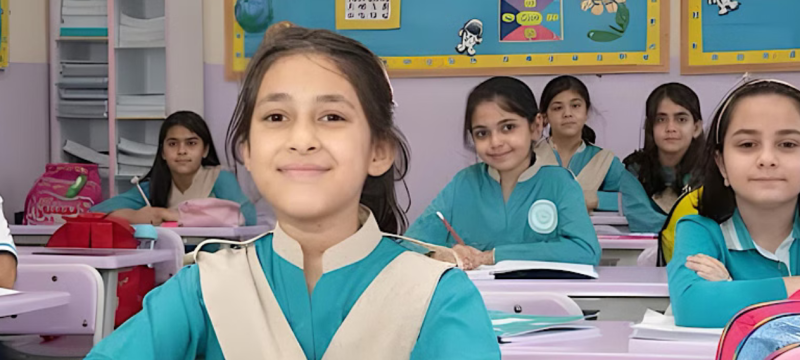The government of Sindh has announced a new initiative aimed at improving education quality for children using field-based research. This move is part of the province’s efforts to address gaps in the education system and ensure that every child has access to quality education.
Field-based research will play a crucial role in identifying the challenges students face in schools across Sindh. By directly gathering data from classrooms, schools, and communities, researchers will be able to assess the effectiveness of current teaching methods, school infrastructure, and educational materials. This will provide the government with valuable insights into areas that require immediate attention.
The Sindh Wants to Improve Education Quality for Children Using Field-Based Research initiative aims to focus on areas with the most pressing educational challenges. Teachers, students, and parents will be part of this research process, helping to highlight the key obstacles that hinder student performance. The findings from this research will guide policymakers in developing targeted interventions that cater to the unique needs of different regions within the province.
Officials are optimistic that field-based research will reveal key issues like low literacy rates, inadequate learning resources, and lack of teacher training, which can be addressed through specific measures. The results will also be used to create customized programs and reforms that will help improve educational outcomes for children in Sindh.
This initiative is a step towards ensuring that all children in the province receive a quality education that meets modern standards. The Sindh government’s commitment to improving education quality for children using field-based research reflects its growing focus on evidence-based policymaking.
The project is set to be implemented in phases, with data collection expected to begin soon. The outcomes of this research will shape the future of education in Sindh and could serve as a model for other provinces looking to improve their education systems.
Read Also : KE Agrees to Pay Sindh Rs9b Electricity Duty







